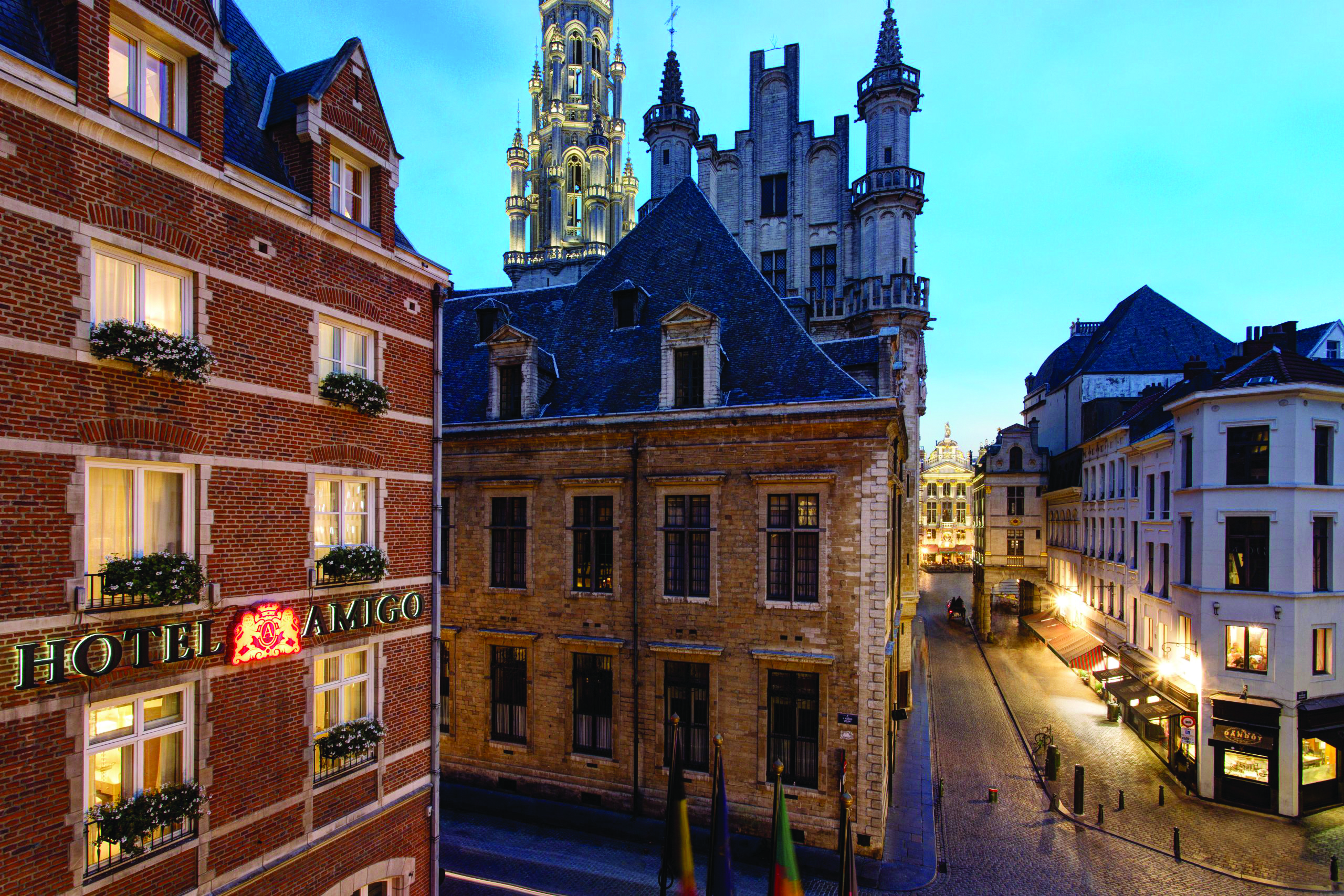#INTERVIEW: Dr. Dhivya Srinivasa on Health-Inclusive Beauty
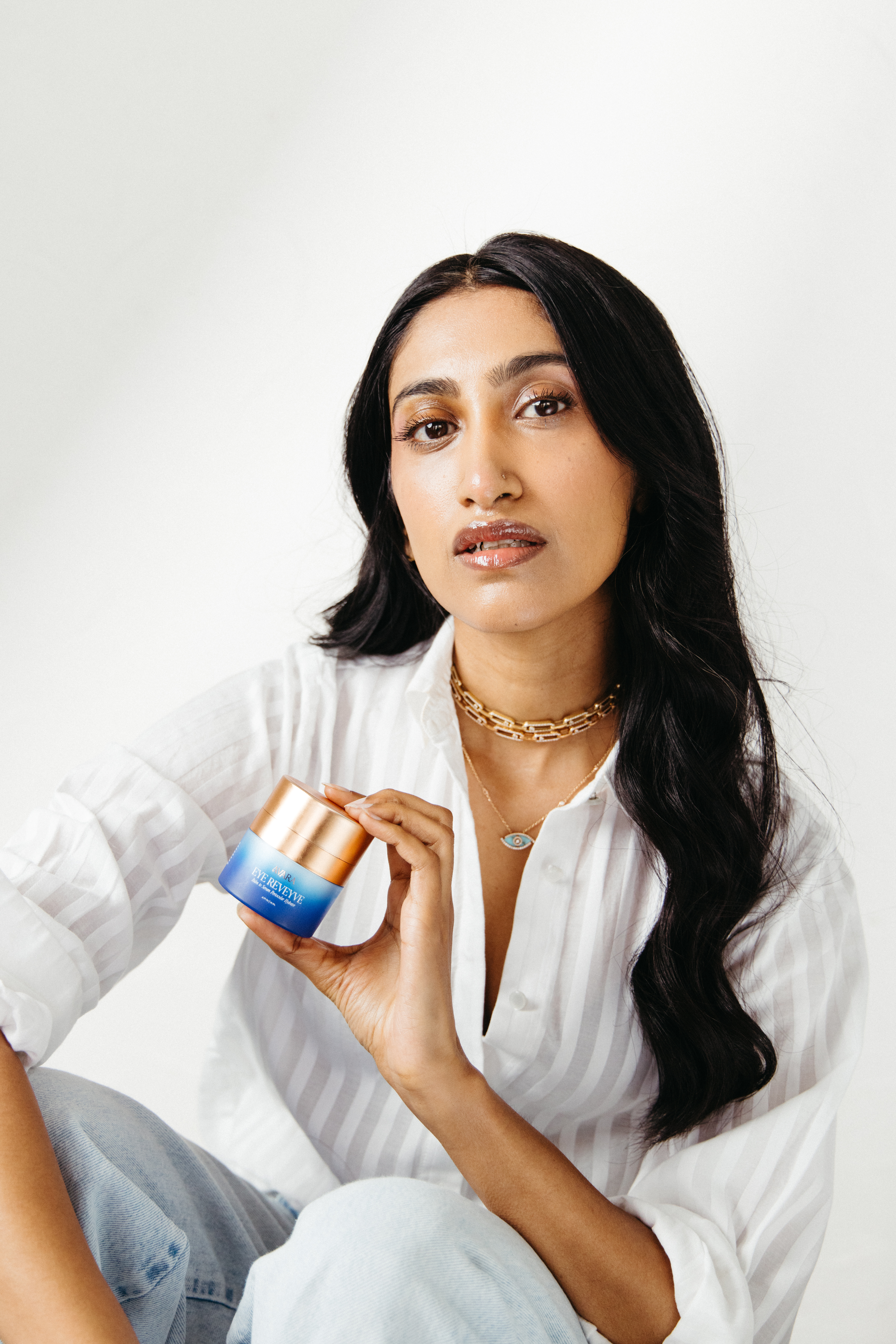
October, marked worldwide as Breast Cancer Awareness Month, is a time when conversations about women’s health move into sharper focus. For Dr. Dhivya Srinivasa, a double board-certified plastic and reconstructive microsurgeon who has dedicated much of her career to women healing from breast cancer, the dialogue goes deeper. In her practice, she witnessed firsthand the lack of safe, effective and luxurious skincare options for patients recovering from chemotherapy, radiation, autoimmune conditions, infertility and menopause. That gap became the genesis of Avara, a line of health-inclusive skincare created not just for patients in recovery, but for all women, because, as Dr. Srinivasa points out, “we are all healing from something.”
Delna: You sit at a rare intersection of surgeon, mother, entrepreneur and advocate. How has your journey of balancing it all been?
Dhivya: It has definitely been a journey. I have two points to make. One, if you are young and looking at someone you admire and think, gosh, it seems like they do it all - just know it does not come easy. There are highs and lows, safe bets and risks, perceived failures and overwhelming successes. You have to be prepared for the ups and downs, but if you’re strong enough to get through them, the success feels incredibly sweet.
As for “balance,” I don’t really believe in the word. It suggests everything is always equal, and in my experience, that is simply not true. I prioritize what needs me the most in any given moment. Sometimes that’s my child, sometimes my husband, sometimes my patients or my business. Every day is a constant juggle. The key is accepting that you cannot be 100% for everyone at all times, and that’s okay. Success, I think, is about knowing this, and giving your best where it matters most in that moment.
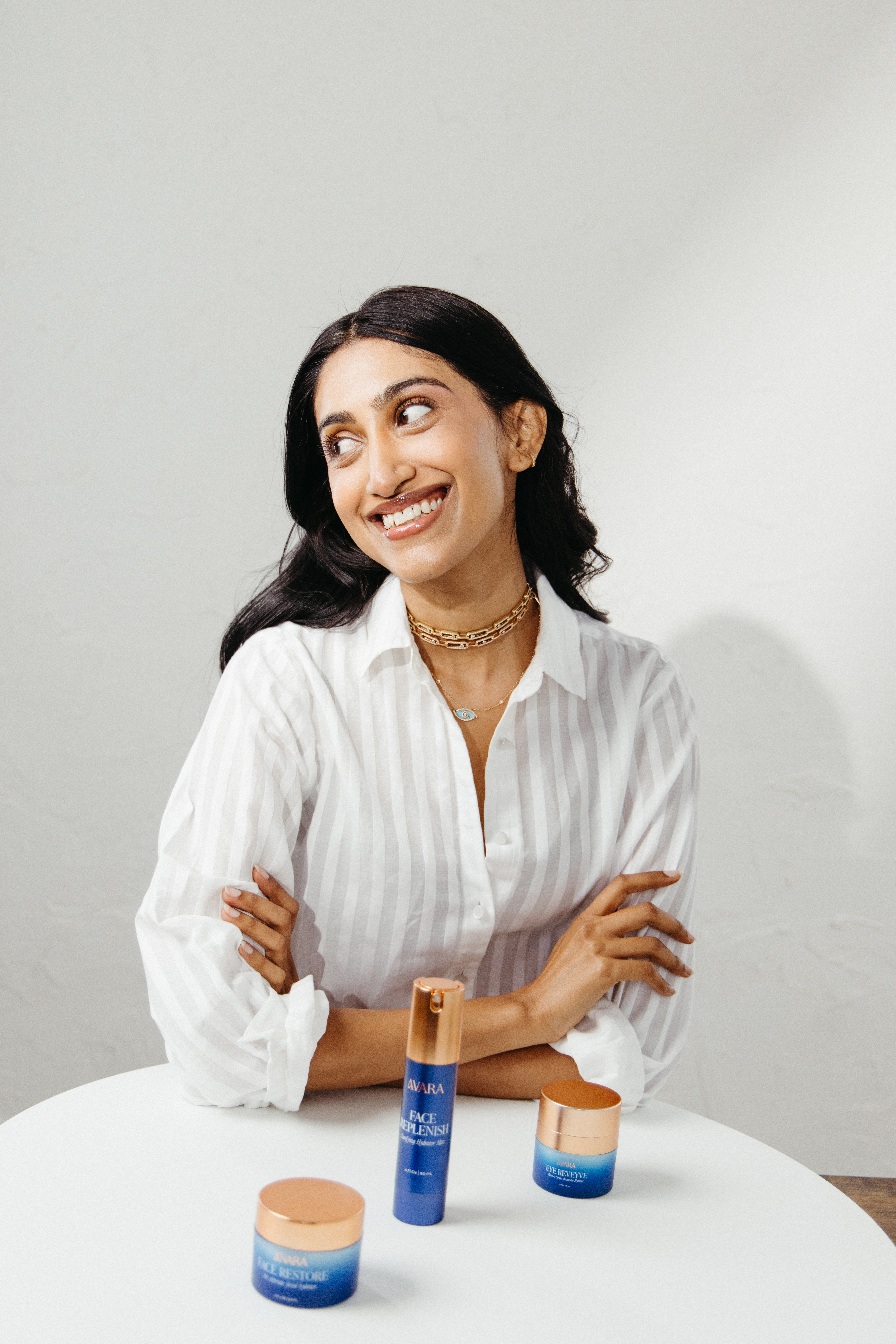
What was the exact moment when Avara stopped being just an idea and became a brand you wanted to build?
It came from my patients. So often, in clinic, conversations drifted from surgery to skin. Patients would ask: What should I put on my skin? Their doctors didn’t have answers, so the default advice was: stop everything and use Vaseline. That accumulation of moments made me realize there was a gap. I wanted to create health-inclusive beauty,products designed for women who are healing, so that the consumer didn’t have to do the thinking.
What surprised me most was that I started using the products myself during development. I was not a cancer patient, but even as a “healthy” woman, I had a compromised skin barrier. My hormonal acne cleared dramatically. That was the green light. I realized all women are healing from something: IVF, pregnancy, postpartum, perimenopause, menopause…and Avara belonged in the marketplace for all of us.
You speak directly to women in delicate phases of life. What does she need emotionally and sensorially that conventional “clean beauty” has missed?
The term clean beauty has always been slippery, without a consistent definition. To me, clean means vetted by an MD. There’s a role for science - safe science - and there’s a role for Ayurveda. With Avara, I intentionally brought East and West together. I grew up with Ayurveda, and I know how beautiful and effective natural ingredients can be. But I also understand science, its strengths and risks.
So every ingredient was chosen or excluded with intention. I can explain exactly why it’s in there, why it’s safe, and why it matters for women who are healing.
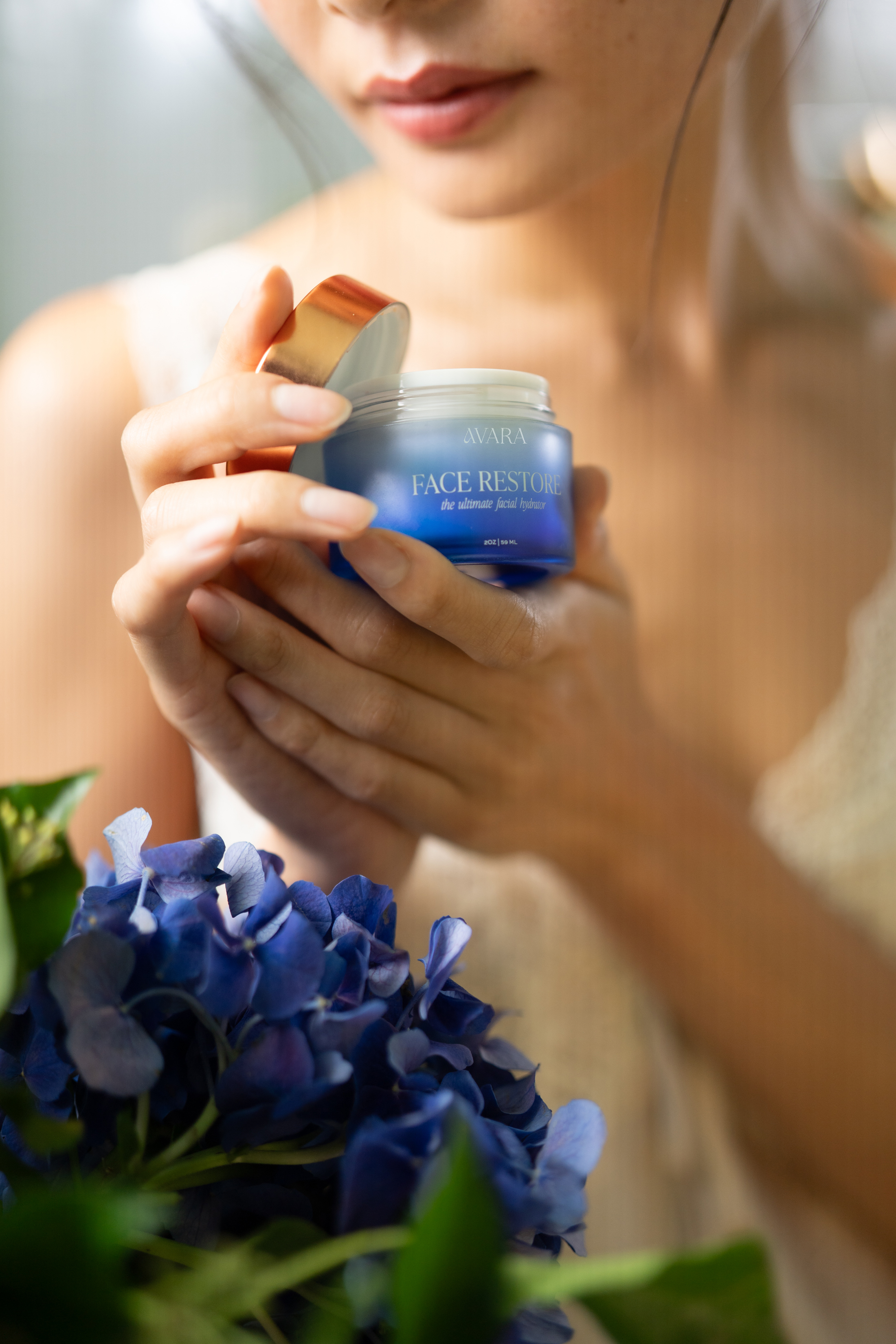
When someone’s skin is fragile, safety means more than just a marketing word. What does safety look like at Avara?
Safety, for me, means rigorous vetting. I can’t promise every single person will respond perfectly, that’s the nature of science and individual skin. That said, I chose ingredients that are universally well-tolerated, with the lowest risk of reactions. Ingredients approved for conditions like eczema, rosacea, autoimmune issues. Ingredients safe during chemotherapy or radiation.
We avoided anything caustic or irritating. Each ingredient went through a filter: What percentage of people tolerate this? What’s the science? What has the data? Only then did it make its way into an Avara product.
Arnica, calendula, eucalyptus, neem: why this blend, and what do you want women to feel in the first week of using it?
I call these my Ayurvedic apothecary. I grew up with my mother making remedies for my skin and hair using these ingredients. They’ve stood the test of centuries. They restore, soothe, and provide a baseline of care without the harshness of many lab-made actives.
What I want women to feel is restoration, that their skin barrier is alive again. We push actives like retinol and vitamin C, but no one tells you: if your barrier isn’t optimized, those actives won’t work, and they might even cause harm. My goal is to give women their barrier back, so that anything else they choose works better.
.jpg)
On days when energy is low, what’s your five-minute Avara ritual to feel more like yourself?
I start with a hypochlorous spray. It’s refreshing, awakening, and I added magnesium because it infuses a calmness not just to your skin, but to your mood. Then I use Eye Reveyve for a quick gua sha massage around the eyes : de-puffing, brightening, supporting the delicate under-eye barrier. Finally, I apply Face Restore. It has eucalyptus, which activates the senses like a spa moment. Even when my energy is low, my skin looks fresh and alive.
Which beauty habits would you gently ask women with healing skin to pause?
Retinol and vitamin C. If your skin is stressed, dehydrated, or breaking out, pause the actives. Repair your barrier first, then reintroduce them. It’s not about stopping forever; it’s about sequencing wisely.
Your community is growing fast. What messages have stayed with you, and how do you turn that connection into real-world support?
Authenticity is non-negotiable for me. Some people may leave because I’m outspoken, but those who stay feel deeply connected. That makes the community stronger.
I love supporting women - entrepreneurs, small businesses, women in medicine. Often 70% of what I post isn’t sponsored. I do it to uplift a brand I believe in. The feedback I receive. women saying they feel seen or supported reminds me that a rising tide truly lifts all boats.
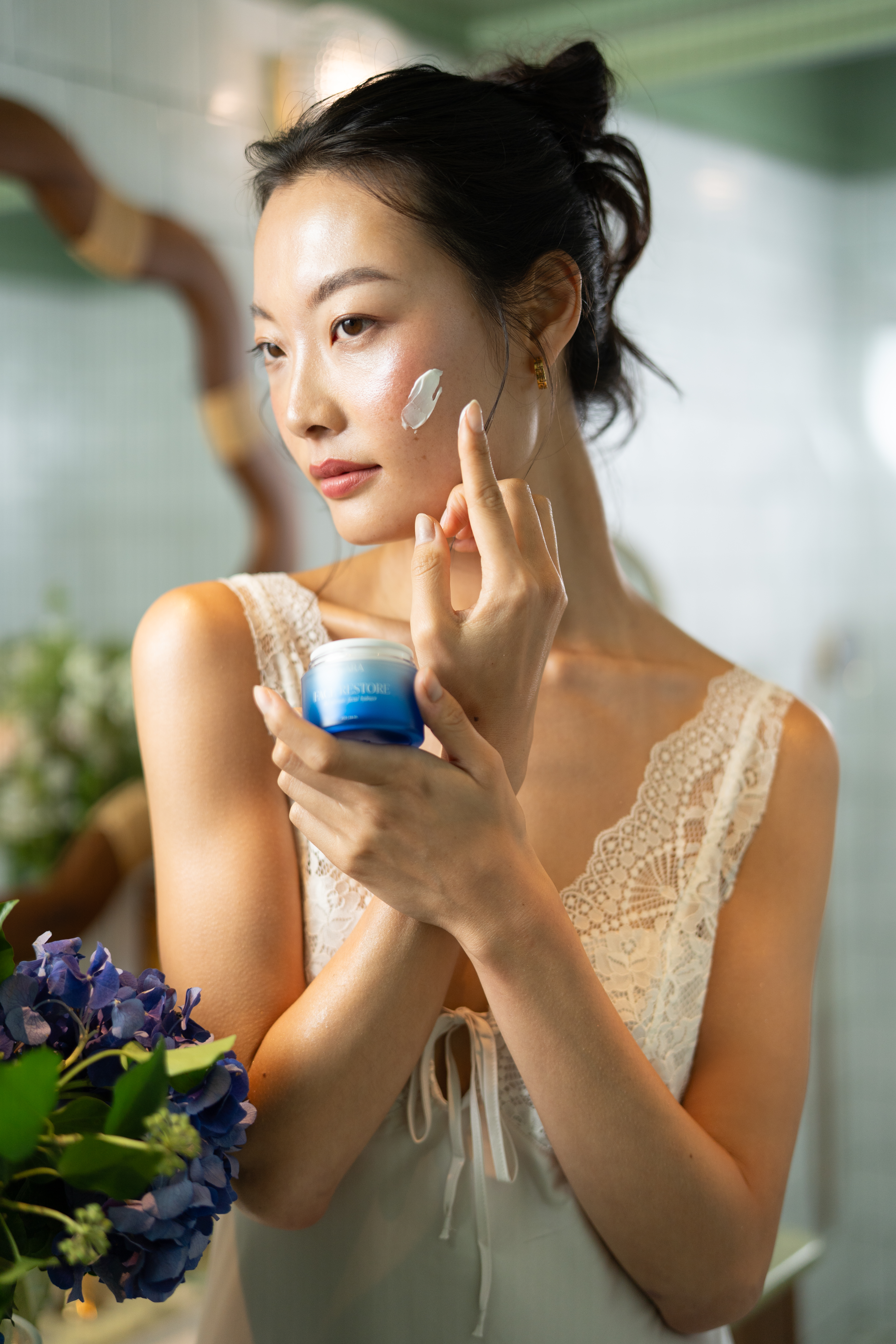
Five years from now, what does success look like for you and for Avara?
Success, for me, is making health-inclusive beauty as much a part of the conversation as any other beauty issue. I want to see Sephora or Ulta with sections dedicated to perimenopause, menopause, postpartum, IVF. I want women in every phase of healing to find products created for them, vetted for them, designed to support them. That’s the future I’m working toward.
@avarawell | www.avarawell.com
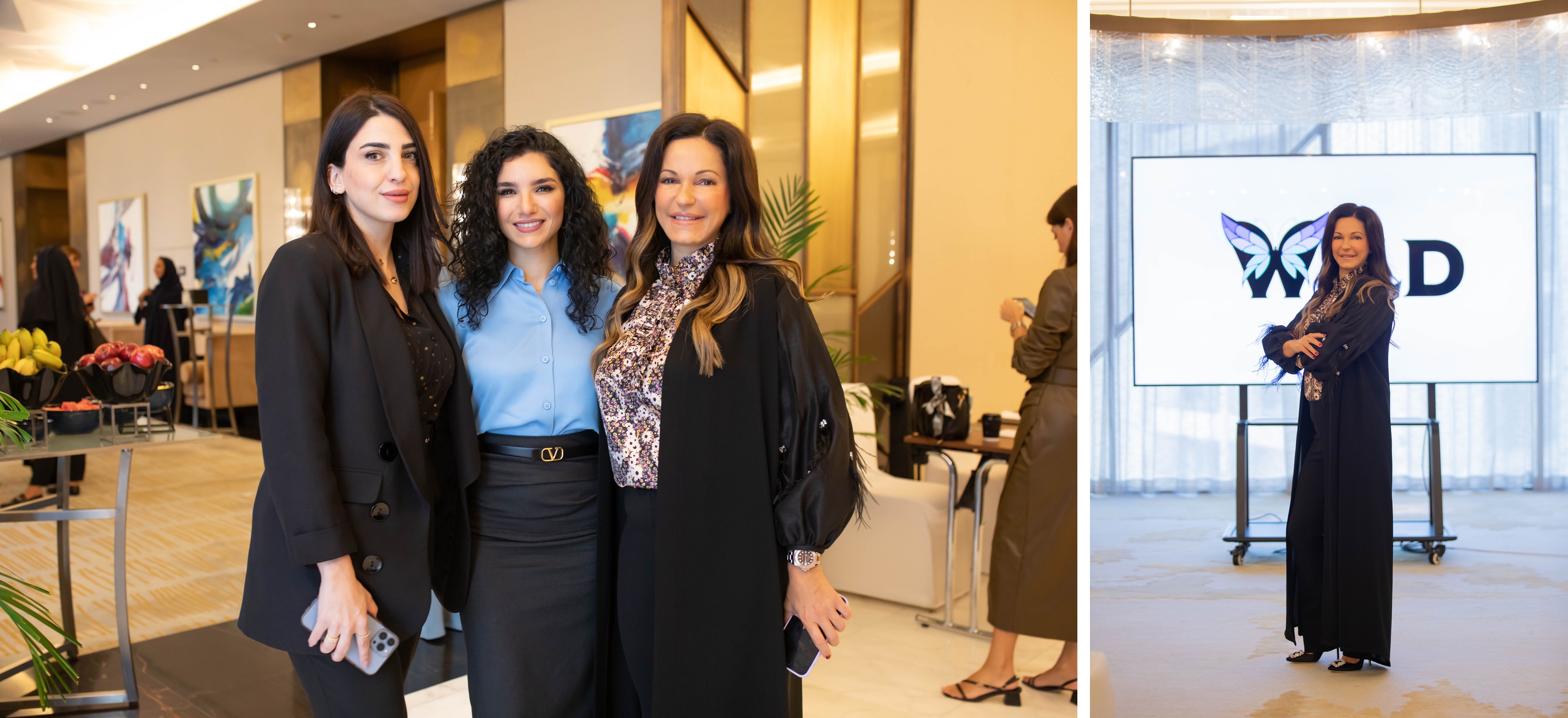
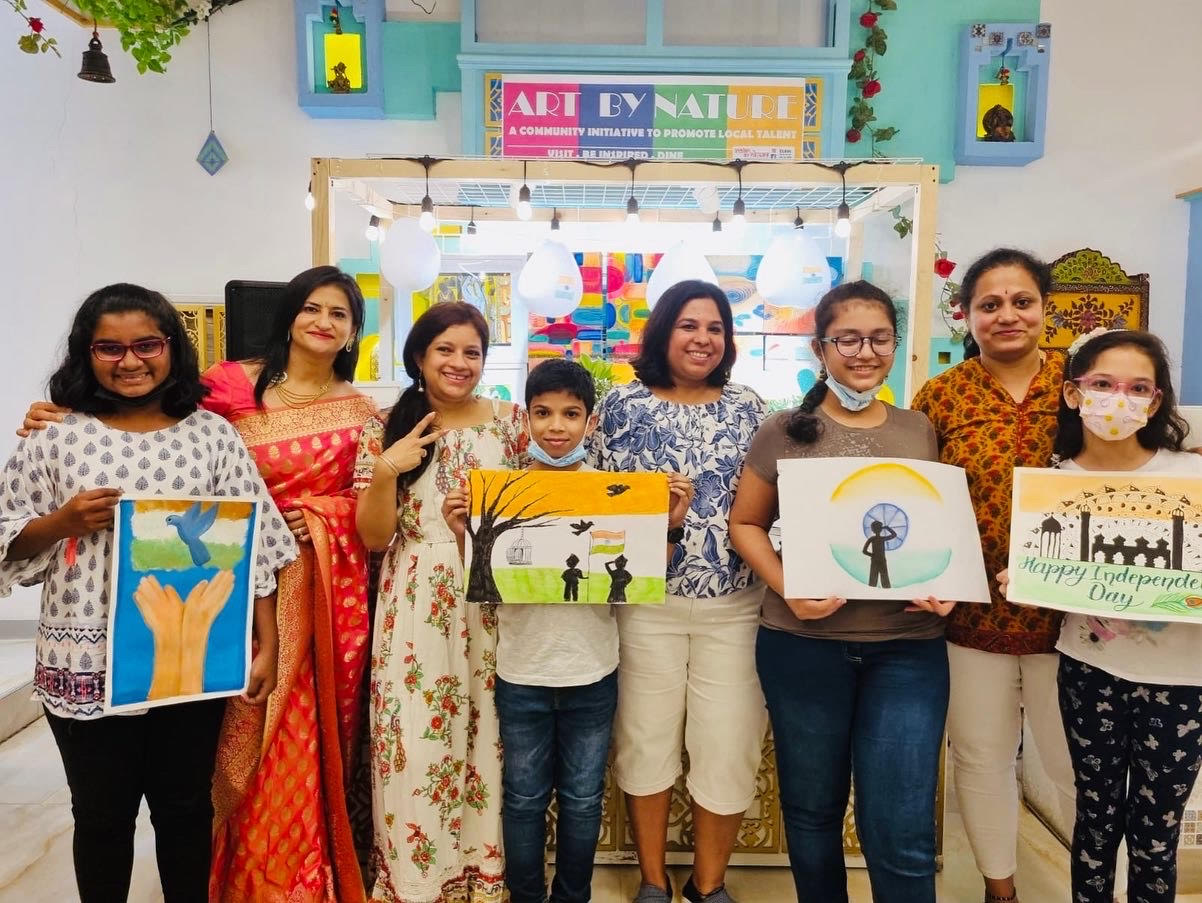
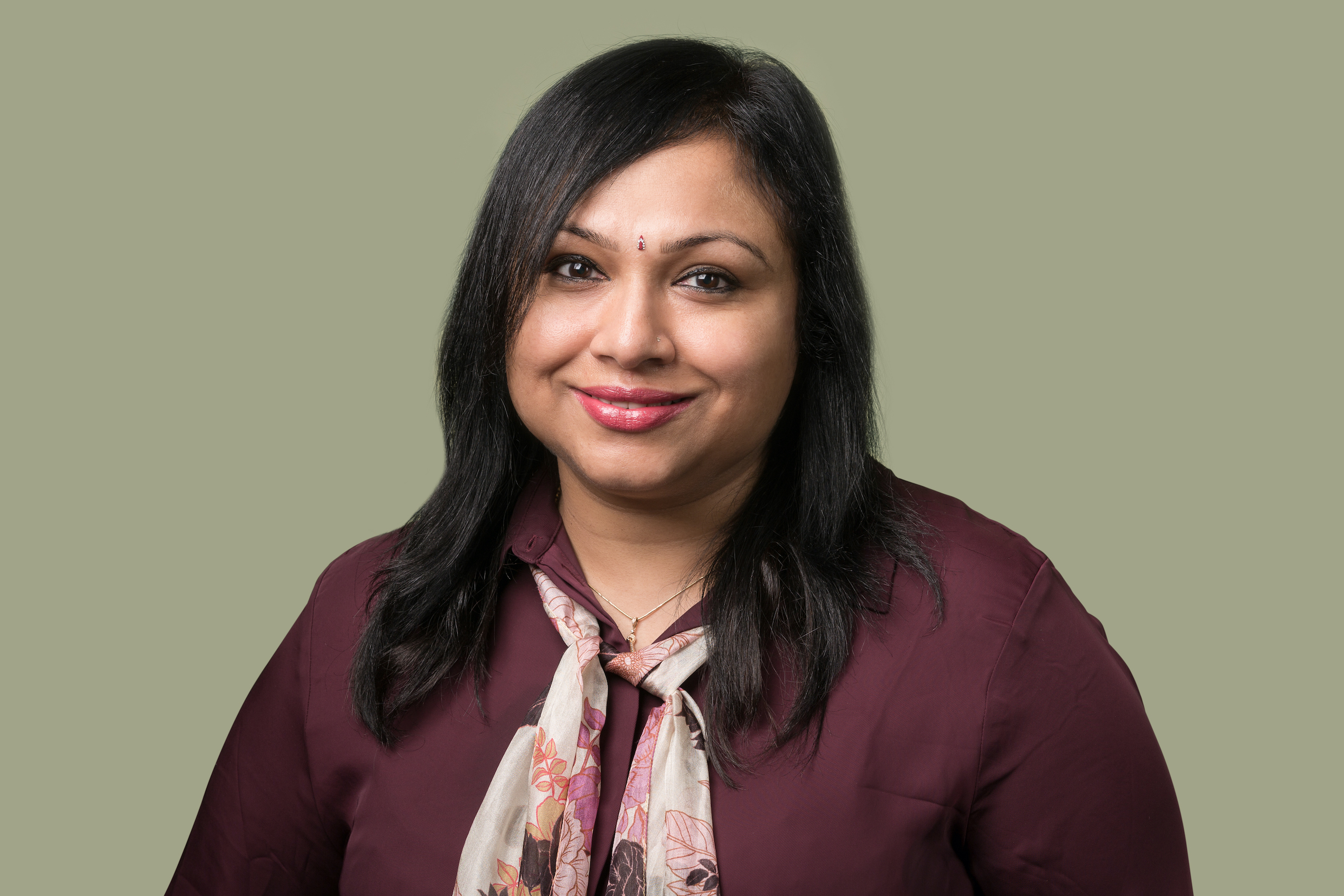
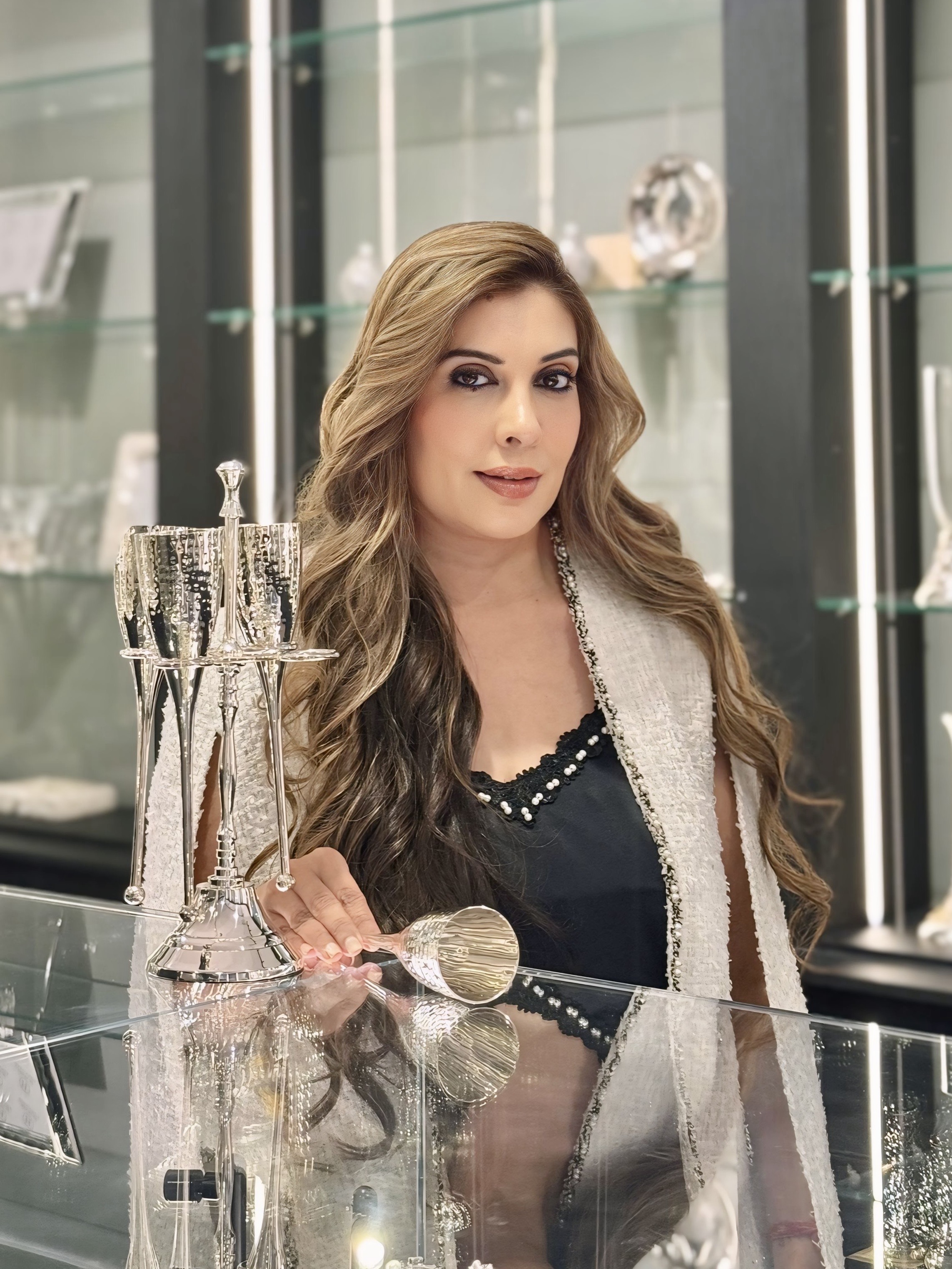
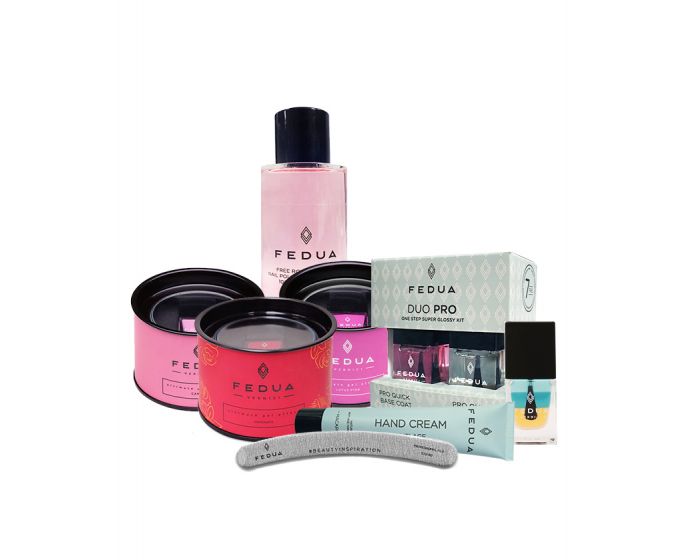
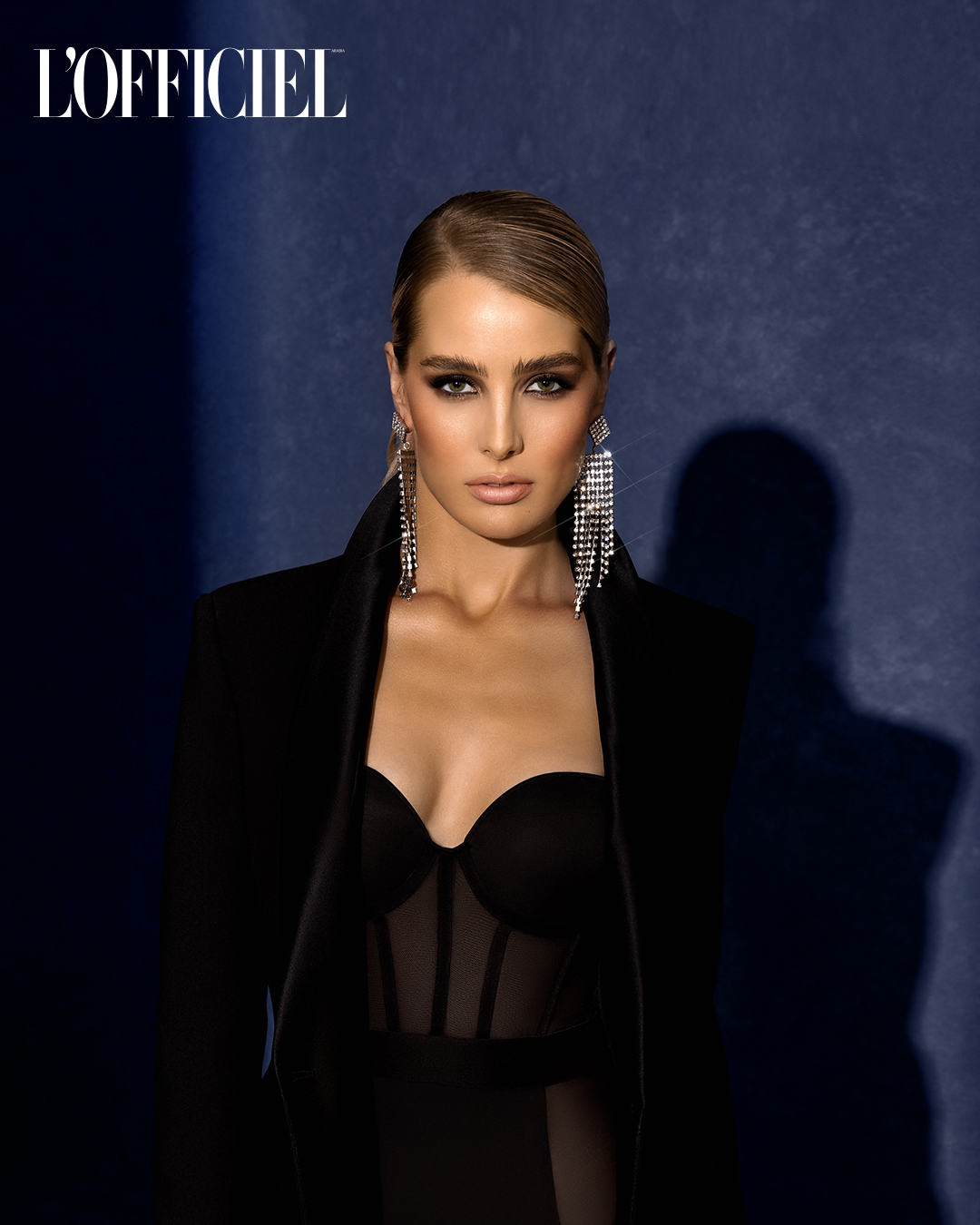
.jpg)
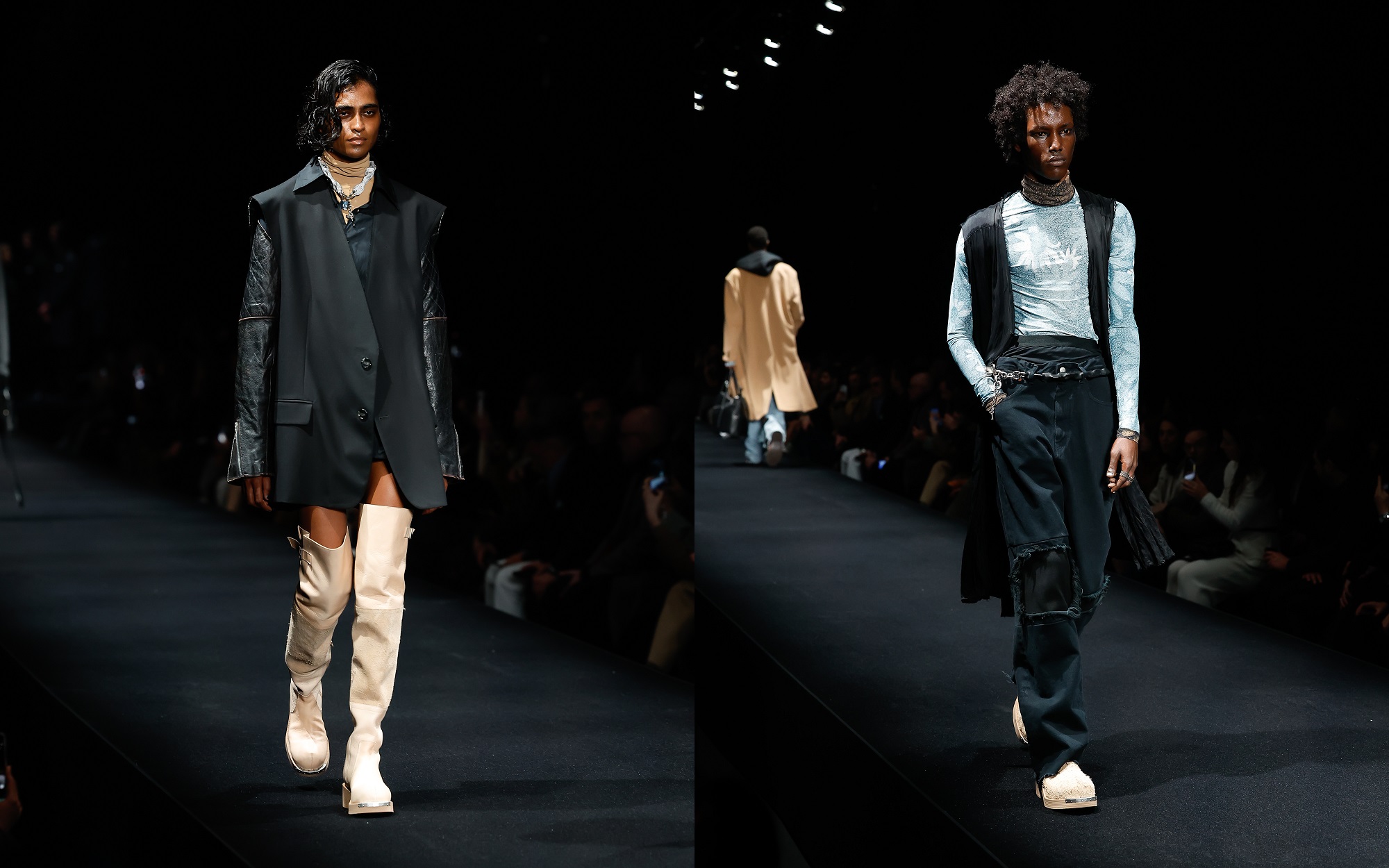
.jpg)
